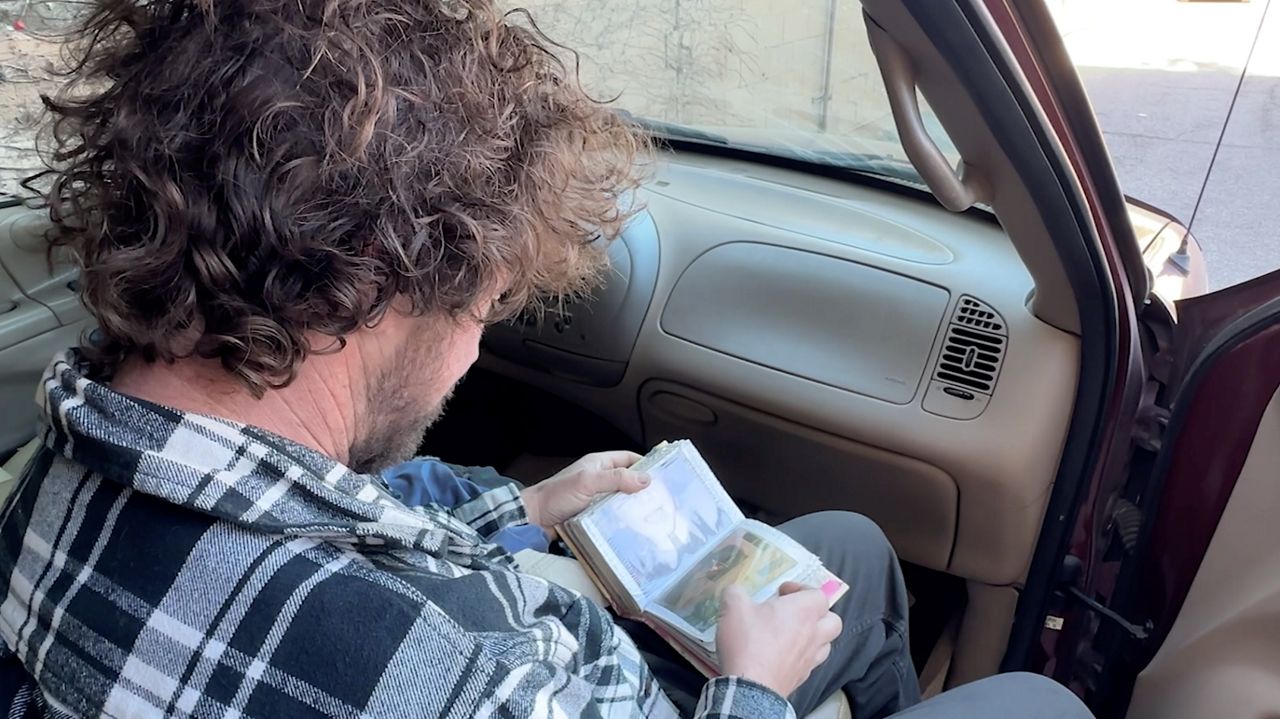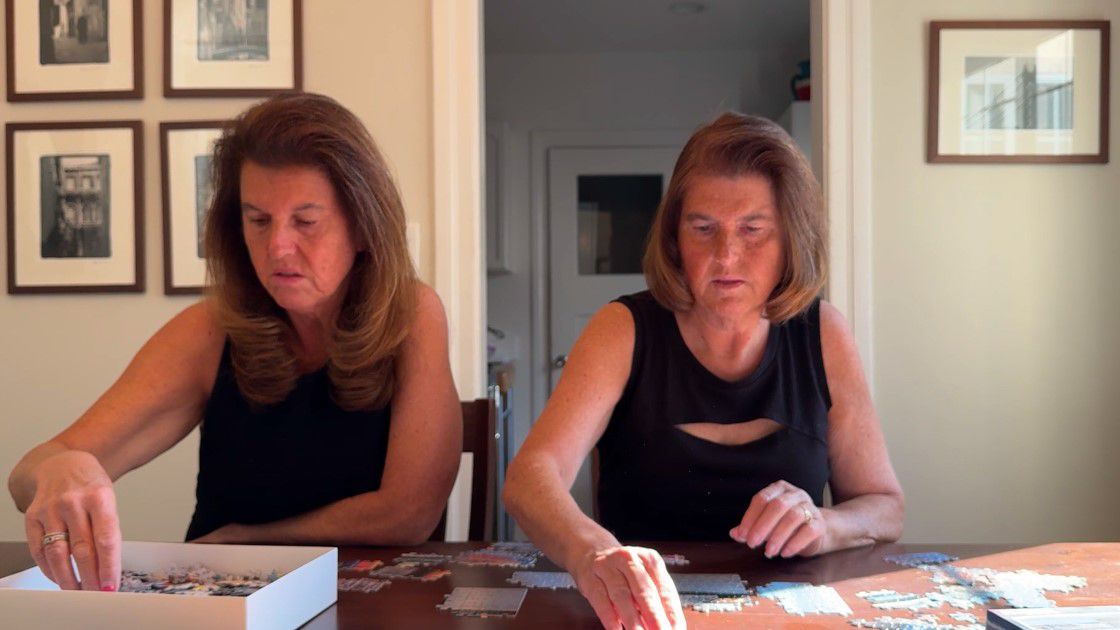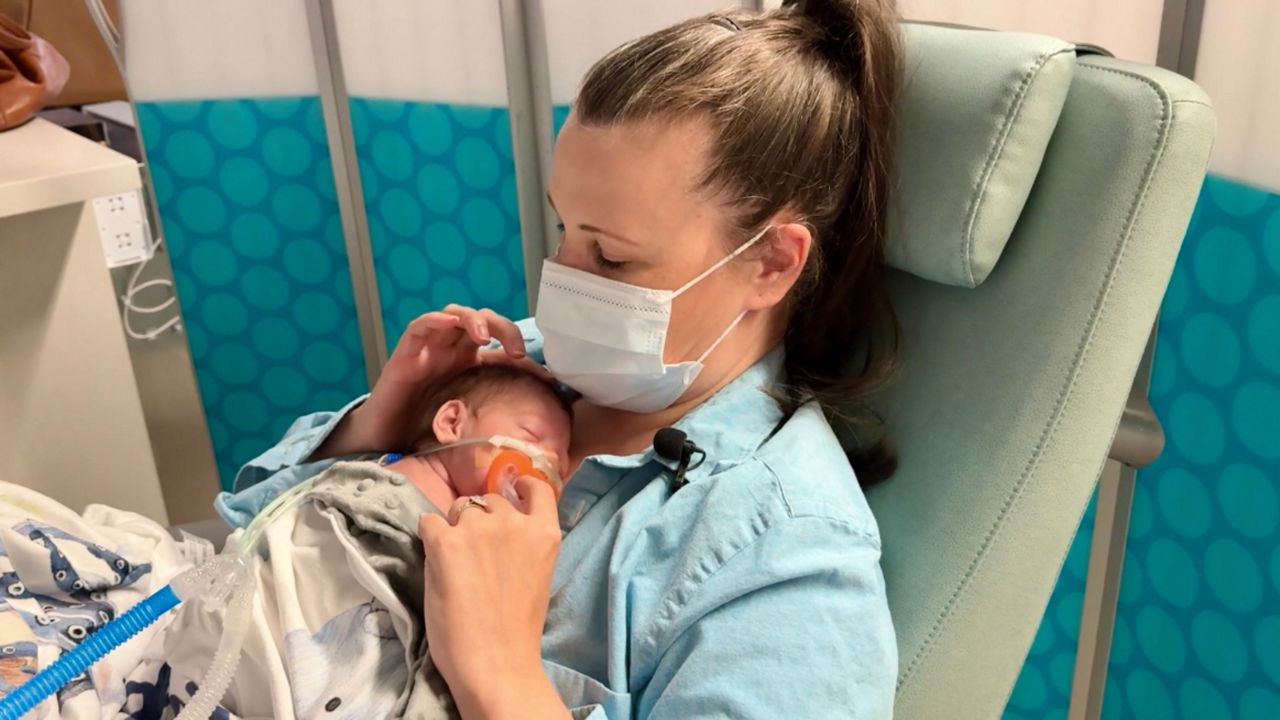ARCADIA, Calif. — The Department of Veterans Affairs reports that up to 20% of veterans who served in the Iraq War have PTSD.
In addition to war heroes, many first responders, nurses, and doctors are now struggling with mental health after witnessing so many COVID-19 deaths. But how do you treat post-traumatic stress disorder without relying on medication? A Los Angeles filmmaker set out to explore alternative treatments in a new documentary called Wounded Heroes.
What You Need To Know
- Wounded Heroes showcases alternative treatments to the staggering number of medications many veterans rely on
- The Department of Veteran Affairs reports up to 20% of veterans who served in the Iraq War have PTSD
- Many first responders, nurses, and doctors are struggling with mental health after witnessing so much death due to COVID-19
- A Los Angeles filmmaker set out to explore alternative treatments
Kyle Green was taking a handful of medications daily just a few years ago. It had been a decade since he was honorably discharged from the military, and Green explained that he felt dead inside.
"When you take something, and then there are side effects, and then you're taking something for the side effects, they counteract each other, so your body is just going haywire," Green said.
Serving his country was a dream of Kyle's since he was a kid, he added. He made forts and dressed up in war paint until he was finally old enough to see an army recruiter. His 10 years overseas were tolling from day one, but he would have stayed even longer if he could.
"My body and my mental state had had enough," Green said.
He was taking dozens of medications to treat chronic arthritis, joint pain, sleepless nights, and night terrors — justifying the number of pills he took because of survivor's guilt and missing the Army's structure and camaraderie.
"When you are on a lot of medications, you go through marriages, you might go through a divorce, your buddies, you just talked to them on the phone, the next day you find out they killed themselves because of suicide," Green said.
It was a dark place to be. After hearing that 22 veterans commit suicide every day, Michael Gier, filmmaker and son of a marine, decided to make a documentary exploring alternative treatments for PTSD.
"Their life was just devastated by these drugs, and so many of them, after finding one of the alternative treatments that we feature, they got off the drugs and got their lives back," Gier said. "They got their loved ones back, and like one woman said, life is worth living again."
Gier interviewed more than 30 vets, military brass, politicians, and doctors for the documentary. He found numerous alternative therapies that proved most effective, including the Brain Center, Accelerated Resolution Therapy, and Reconsolidation of Traumatic Memories. Both therapies are exercises where a therapist teaches you to alter a negative memory's key aspects to detach from it emotionally.
For Green, equine therapy is the alternative treatment that did the trick. He goes to a ranch in San Diego called Saddles in Service that's free for vets. Since then, he has cut his medications by at least half.
"There's something about joining up with a horse that may be 17 hands in length and making a connection with a horse," Green said. "There's no medication I think that's available on the market or the black market that could ever take the place of that."
Green added that he is finally feeling like a soldier again and hoping his brother and sisters will find new hope that they can too.
The Wounded Heroes documentary will be released March 5. For more information, click here.










